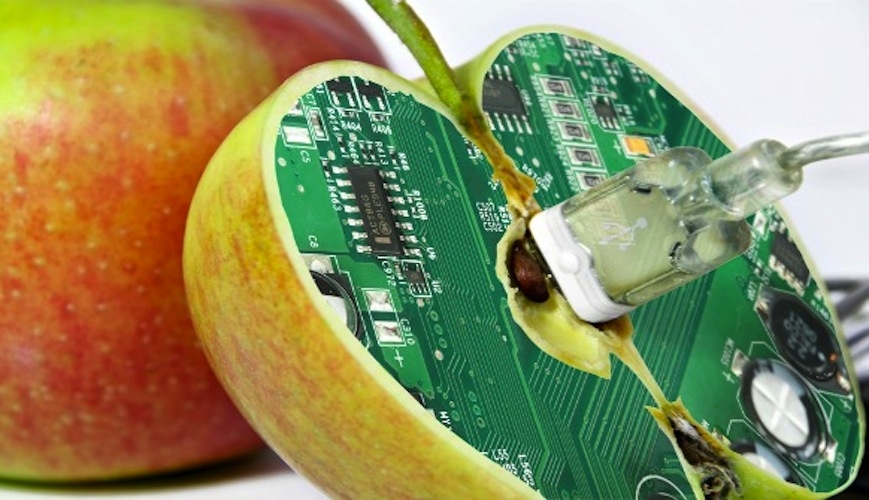According to Wikipedia, on June 16, 1980, the US Supreme Court case Diamond v. Chakrabarty ruled, “A live, human-made micro-organism is patentable subject matter under 35 U.S.C. § 101” [2]. After this, companies began genetically engineering seeds for crops, patenting them, and selling them around the world. Most GM crops are engineered to express one of these traits: resistance to insects or viruses, tolerance to certain herbicides and nutritionally enhanced quality [1]. This is in accordance to their stated values/goals to reduce food shortages etc. However, the GM crops have been known to cross-pollinate with non-GM crops, contaminating them. This affects the grower’s ability to choose what is more important to them, value-wise.
A study on the long term effects of eating GM food is ongoing, with the consumers as the test subjects. There have been dependent research activities by the organizations themselves on the implications for short term human health, which conclude GM food is safe. Independent research studies report adverse effects to animals fed GM food.
Health Risks include antibiotic resistance, allergenicity, nutritional changes, and the formation of toxins [1]. Risks to the environment include GM genes escaping into other species, threats to biodiversity, and the exposure to organisms that eat the crops [3].
Since the risks of introducing GMO’s are unquantified, it’s totally irresponsible to introduce them into nature! It’s morally and ethically wrong to subject consumers and the ecosystem to a technology where the long term risks are unknown, no matter what positive values are prescribed to it.
Sources:
Image from [4]
-
Maghari, Behrokh Mohajer, and Ali M. Ardekani. “Genetically Modified Foods and Social Concerns.” Avicenna Journal of Medical Biotechnology 3.3 (2011): 109–117. Print.
- Wikipedia,. 'Diamond V. Chakrabarty'. N.p., 2015. Web. 22 Oct. 2015.
- Scu.edu,. 'The Future Of Food: An Introduction To The Ethical Issues In Genetically Modified Foods'. N.p., 2015. Web. 22 Oct. 2015.
- Diks, John. 'Overheidswetenschappers Onthullen Gevaren GMO’S'. Gewoon-Nieuws.nl. N.p., 2015. Web. 22 Oct. 2015.
